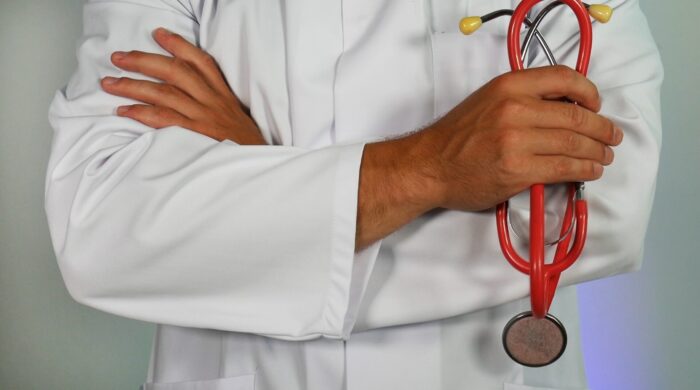As the leaves turn vibrant colors for fall and we traditionally gather to give thanks, there is another observation we are called to recognize: GERD Awareness Week. This year, it happens from November 17 – 23. In this post, we’ll examine what Gastroesophageal Reflux Disease (GERD) is, why it has a week dedicated to its awareness and how you can get help if you suffer its symptoms.
About GERD
More commonly known as acid reflux, GERD is a digestive condition that affects over 18 million people worldwide each year. It can be very painful for those impacted and cause damage to the esophagus over time if not treated. Here are some common symptoms of GERD:
- Heartburn
- Reflux (fluid coming up into the mouth after swallowing)
- Pain and/or difficulty with swallowing
- Hoarseness of speech
- Wheezing
- Chronic sore throat
- Chest pain
- Disrupted sleep
- New or worsening asthma
- Feeling of a lump in your throat, when nothing blocks the airways
- Shortness of breath
- Gum inflammation
- Excess of saliva
- Increase in cavities
- Bad breath
- Burning pain in stomach
Not everyone who has GERD experiences every symptom, but many with the condition experience several. The diagnosis for GERD typically begins with a regular physical examination where symptoms will be discussed. If the doctor believes more tests are needed to confirm GERD is present, they may order one or more of the following:
Upper Endoscopy
This procedure, which involves an endoscope inserted through your mouth as you lay on your side, illuminates the lining of your stomach, esophagus and the first part of your small intestine. This allows your doctor to examine for injury and/or narrowing. An upper endoscopy can also help eliminate issues more serious than GERD.
Wireless pH Reflux Testing
This method of diagnoses monitors your reflux activity over a 48-hour period of time via a small chip that is placed in your lower esophagus that will record your acid levels and transmit that data to a device worn on your person.
24-Hour pH Impedance Reflux Testing
This procedure involves a small catheter with an acid-sensitive tip that is placed into your esophagus via your nose. For 24 hours it will evaluate the flow of liquid from your stomach to the esophagus.
Esophageal Manometry
This method uses a pressure-sensitive catheter inserted into the esophagus to evaluate the strength and coordination of muscle contractions and is primarily used to rule out other conditions that mimic GERD.
Barium Esophagram
This procedure is essentially an X-ray, where after swallowing a contrast liquid the doctor will search for narrowing and abnormalities. It can also help assess the coordination of your esophageal motor function.
Once you have a positive diagnosis, treatment for GERD will be determined by your medical professional. In some cases lifestyle changes, such as losing weight, wearing loose-fitting clothing, elevating your bed, limiting the size of meals in the evening, and decreasing alcohol and caffeine consumption may help alleviate symptoms. Additionally, doctors may recommend over-the-counter H2 blockers, proton pump inhibitors and antacids, or prescribe stronger antacids to help reduce pain and discomfort. In more serious cases, surgery may also be an option.
About GERD Awareness Week
GERD Awareness Week was established in 1999 to allow medical professionals and communities recognize and develop events surrounding this increasing health issue. The more the public learns about the condition, the sooner those affected may seek treatment and receive relief from their symptoms. Perhaps most importantly, the week aims to emphasize the link between GERD and the risk of esophageal cancer, as those with the most frequent symptoms may be more susceptible.
Contact WWMG
If you are suffering from the symptoms of GERD and suspect you may need treatment, request an appointment with a doctor from the Western Washington Medical Group Gastroenterology/Endoscopy team of experts, who have over 120 years of shared experience in the specialty. Since 1980, this department has served Washingtonians using the most cutting-edge technology and methods to diagnose and treat patients with gastroesophageal issues. They are fully equipped to analyze and help bring relief through various solutions including medications and surgery.
